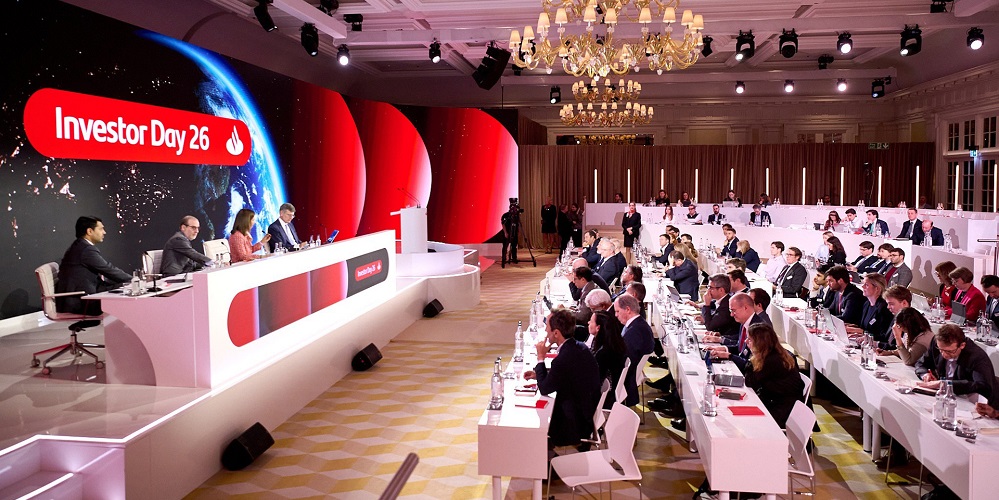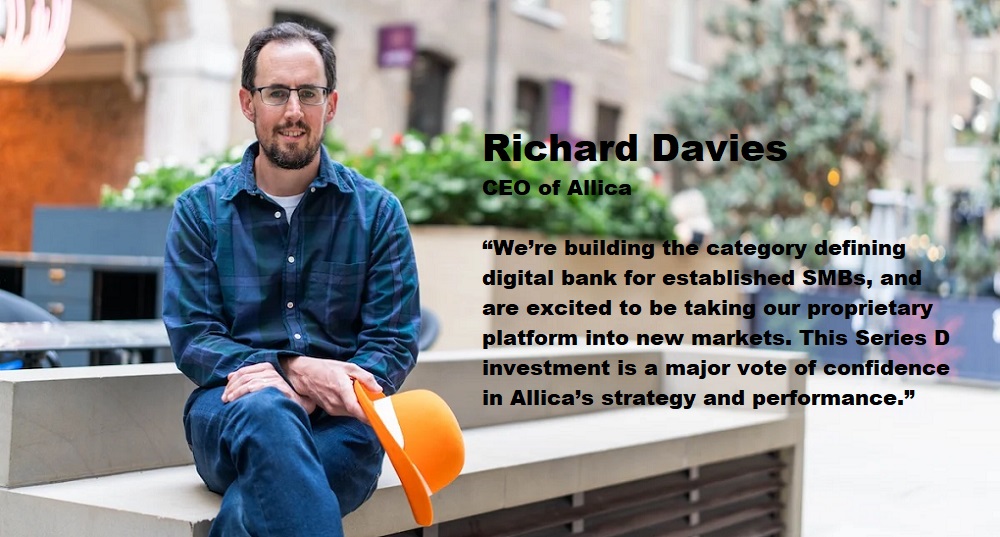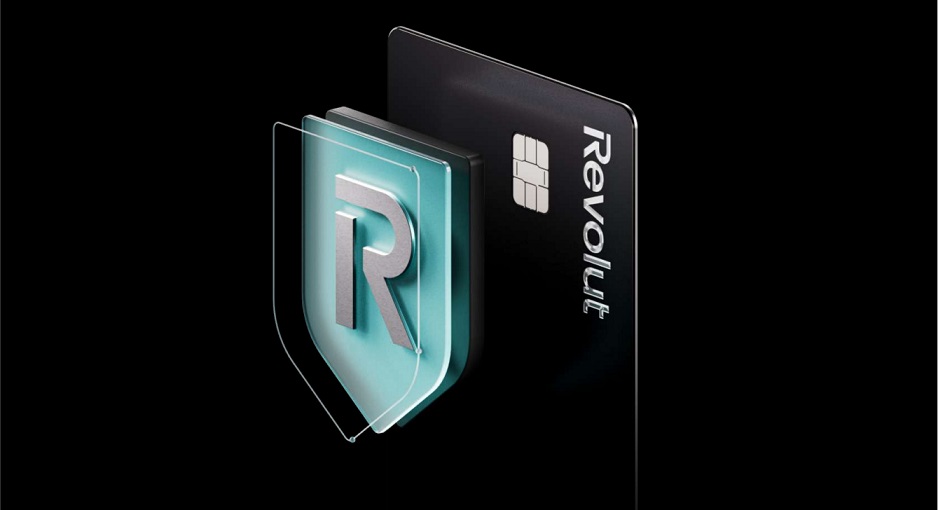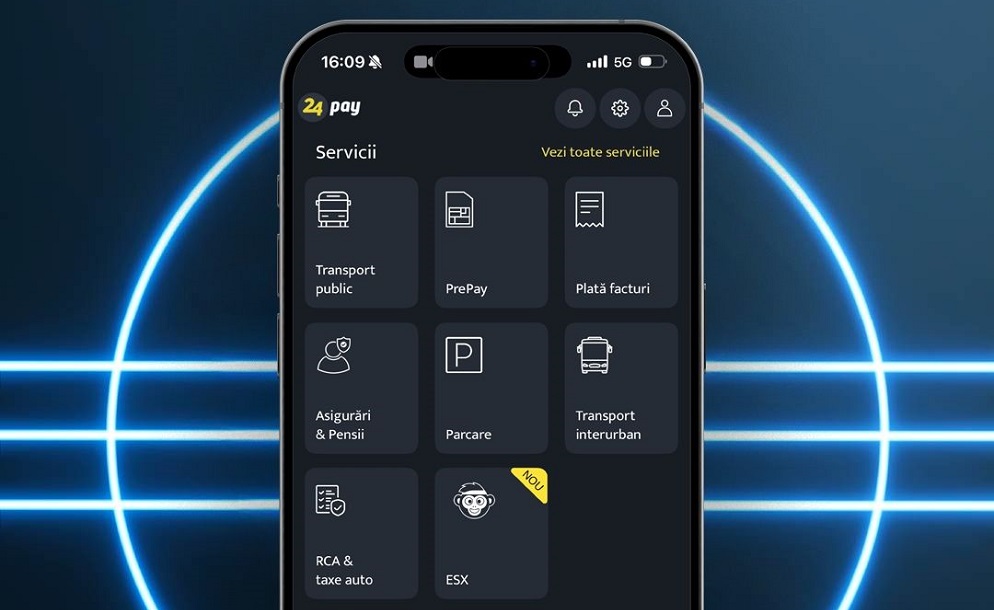What does Alipay’s new EU-license mean for banks?

Two big pieces of news for Alipay have been announced within the past fortnight. The first is that the Chinese payments giant have been granted an e-money license in Luxembourg. The second, that the use of mobile payments amongst Chinese tourists abroad has overtaken that of cash, writes Daniel Doderlein (photo), CEO of Auka, on Forbes.com
Let’s look at these two pieces of news as a whole. We’ve known for some time now that China, along with Scandinavia, has led the way when it comes to the adoption and active use of mobile payments.
Last year, a Nielsen report found that 90% of Chinese tourists would use mobile payments overseas if they could. China is the most populous country on Earth and their tourist count alone is almost the size of the entire population of Russia. With that demand for mobile payments abroad, it’s little wonder vendors in tourist hotspots are clambering to take advantage of this desire.
Now, in thousands of locations frequented by Chinese tourists, it’s not uncommon to see the Alipay sticker in the windows of shops and merchants.
Up until recently, Alipay relied on partners to address customers in regions outside of China. This partner model has clearly worked for them in terms of building up a massive acceptance network (locations which accept their mobile payment solution).
In exchange for enabling Alipay transactions, the international partners of Alipay, banks included, get a piece of the transaction amount as commission. When this commission comes from Chinese tourists paying in local stores, it’s clearly an additional source of revenue for the banks and local card companies, as well as other Alipay partners who made the payment possible.
But now, a strategic move from Alipay changes everything. It may prove to be quite the opposite of what international Alipay partners expected.
Alipay’s new e-money license, in combination with new open banking directive, the second payments services directive – PSD2, will allow the company to independently address the EU/EEA markets. Specifically, they will be able to do two important things that their partners may not appreciate:
1. Offer Alipay to consumers
2. Enrol merchants on their own
One of the key success factors of mobile payment initiatives has proven to be the duality of many consumers. Initially brought on to a scheme with an offer of cheap or free person-to-person payment. Once this base grows, an increasing number of merchants start accepting payments with the payments app. What Alipay have managed to do is to build a massive merchant network, internationally, across the EU with the promise of commissions from Chinese tourists bringing the Alipay app to pay.
Now, the EU license obtained by Alipay enables them to offer the same service to consumers in the EU. This means that the people who previously paid with their card in their local store, can now pay with their Alipay app, enabling Alipay to control both sides. Meanwhile, the banks who previously made their revenue from card payments, mostly from local domestic customers, will now see more and more of these payments migrating to Alipay. As EU consumers join Alipay, the desire for merchants to accept Alipay will continue to grow past the current demand driven by both tourists and locals paying with the app.
For Alipay, with their new EU license, they can enrol and service merchants on their own, without any local partners, leaving the banks who used to control this value chain out in the cold.
In China, Alipay has addressed a multitude of payment scenarios, spanning way beyond what card payments can do. There is no reason why Alipay will not bring these types of offerings to Europe and expand their reach and service offering by dealing with payments and commerce opportunities such as public transport, taxi, street vendors and vending.
So, are banks in Europe (and the rest of the world when their own various open banking regulations kick in) doomed to eventually lose their valuable payments channels to players such as Alipay?
The way I see it, traditional banks and card companies have three options. The first is to try to build and launch their own “Alipay” for their local market. The major issue with this is that open banking rules come into force in September this year and banks have to lay out their compliance plans under the regulatory technical standards (RTS) governing the implementation six months prior to this – i.e. March 2019.
Creating, launching and gaining traction with a brand new mobile payments platform from scratch in this time window before Alipay could theoretically launch in their market would prove to be a challenge even for the most tech-savvy of banks.
The second option that banks have is to partner with an existing provider – this way they don’t have to spend time building a whole new product and strategy from scratch, they get to share in any revenue and are able to maintain a large degree of customer control. Still though, there is only a limited time to pursue this option in order to truly ensure something’s in market prior to Alipay (or the like) being able to stake a claim on their territory. Several banks have already seen this development and acted in a proactive manner to create their own solutions. Examples are: Vipps in Norway, Swish in Sweden, Mobilepay in Denmark, Keks in Croatia, Blik in Poland and so on.
The third option is to do nothing (except become mandatorily PSD2 compliant) and wait and see what happens. This option means that the bank has to take a serious gamble and give over a large degree of control. For some, they might observe what’s happening in neighbouring regions and then jump on a scheme that seems to be most advantageous to them at the time. For others, it means that their payments channel will almost certainly be taken over by a nimble tech company or fintech who launch and gain traction with a compelling payments alternative.
PSD2 was created in order to shake up traditional banking and payments, bringing innovation to a field which has remained stagnant for too long. Whatever option the banks take, the only certain winners in the EU, for now, will be consumers.
About the author, Daniel Döderlein
With more than 20 years of entrepreneurial experience, top 200 European fintech influencer Daniel Döderlein is the CEO and founder of award-winning mobile payments company, Auka. Sitting on the Google cloud advisory board, Daniel was the first to develop mobile payments technology in Scandinavia, the first to launch a mobile payment service in Norway (mCASH) and the first to create and run a regulated financial services platform on the public cloud.After Norway’s second largest bank (Sparebank), acquired mCash for exclusive use in Norway, Daniel started Auka, which in turn has just announced Settle – mobile payments for Europe.
Dariusz Mazurkiewicz – CEO at BLIK Polish Payment Standard
Banking 4.0 – „how was the experience for you”
„To be honest I think that Sinaia, your conference, is much better then Davos.”
Many more interesting quotes in the video below:










